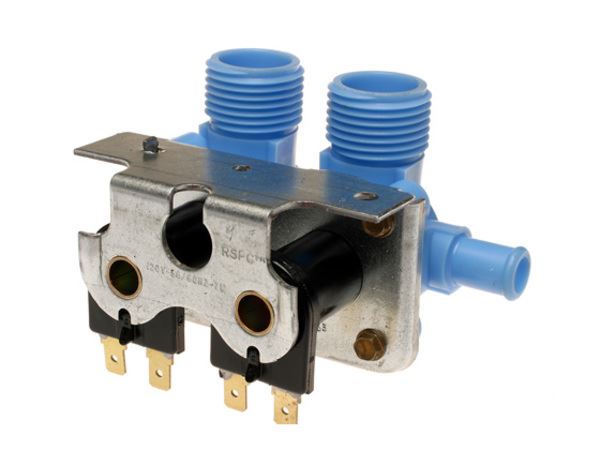
The EEOC submitted another Statement of Issues on October 15, 1982. All five of the claims on which the EEOC sought a partial summary judgment were included in the ApStatement of Issues. The EEOC attached to its Reply a Sears Directive which ordered that the policy of allowing a day off with pay for male employees whose wives gave birth be discontinued effective October 1, 1974.Īfter the EEOC filed its Reply Brief, on April 7, 1982, the EEOC produced a Statement of Issues. In addition, the EEOC contended that both injunctive and monetary relief were appropriate, and that there was no genuine issue of material fact as to Sears' liability on each of the claims, except for the claim that Sears violated Title VII by limiting the working hours of women pursuant to state protective laws.
SEARS SPEED SQUEED APPLIANCES MANUAL
The EEOC also asserted that it need not produce the number and identity of the persons affected by the policies in the Personnel Manual because, absent evidence by Sears that the policies were not implemented, the necessary presumption is that the policies were implemented and did affect individuals. The EEOC, in its Reply to Sears' Response, asserted that the fact that all of the alleged discriminatory policies had ceased was not a defense. Sears attached to its Response various documents refuting the *1272 EEOC's claims that Sears violated Title VII by limiting the hours of female employees pursuant to state protective laws, by maintaining a policy of refusing to hire pregnant applicants, by maintaining a policy whereby women absent due to pregnancy-related disabilities were guaranteed less protection from reductions in force than employees receiving disability benefits, and by maintaining a policy of involuntary transfer of pregnant women. In its Response to the EEOC's motion for partial summary judgment, Sears asserted that: (1) each of the EEOC's five claims was based upon a long-discontinued policy (2) material issues of fact existed with respect to each claim (3) the EEOC was not entitled to summary judgment as a matter of law, because it failed to meet its initial burden of demonstrating that unlawful discrimination had been a regular procedure or policy followed by Sears and (4) the injunctive relief sought by the EEOC was moot and the monetary relief barred by the doctrine of laches. Dolkart, the EEOC's Director of the Litigation Enforcement Division of the Office of Systematic Programs, with attached Exhibits. The EEOC submitted, in support of its motion, a summary of Sears' responses to the EEOC's First Request for Information and the affidavit of Jane L. The EEOC contended in its motion that there was no genuine issue of material fact as to Sears' liability on each of the above five claims. The period of liability for all of these claims commenced on August 30, 1971, two years prior to the filing of EEOC's charge against Sears. Sears violated Title VII by maintaining a policy in its Personnel Manual of granting to a male employee a day's paid absence when the employee's wife gave birth, but not granting a day's paid absence to a female employee when she gave birth. Sears violated Title VII by maintaining a policy in its Personnel Manual of involuntary transfer of pregnant women when appearance was deemed to be a factor in the performance of the job. Sears violated Title VII by maintaining a policy in its Personnel Manual whereby women absent due to pregnancy-related disabilities were subject to lay-off during such absenses, but persons absent because of other temporary disabilities were not subject to lay-off during such absences. Sears violated Title VII by maintaining a policy of refusing to hire pregnant applicants.

("Title VII"), by limiting the working *1271 hours of women pursuant to state protective laws. Sears violated Title VII of the Civil Rights Act of 1964, § 701 et seq., as amended, 42 U.S.C. ("Sears") as to liability on the following claims: 1.

In its motion, the EEOC moved the court to grant partial summary judgment against defendant Sears, Roebuck and Co. For reasons set forth below, the EEOC's motion is denied. This matter is before the court on the motion of plaintiff Equal Employment Opportunity Commission ("EEOC") for partial summary judgment. Colarulli, Morgan Associates, Chartered, Washington, D.C., for defendant. Scanlan, E.E.O.C., Chicago, Ill., for plaintiff.Ĭharles Morgan, Jr., Pamela S. EQUAL EMPLOYMENT OPPORTUNITY COMMISSION, Plaintiff,


 0 kommentar(er)
0 kommentar(er)
